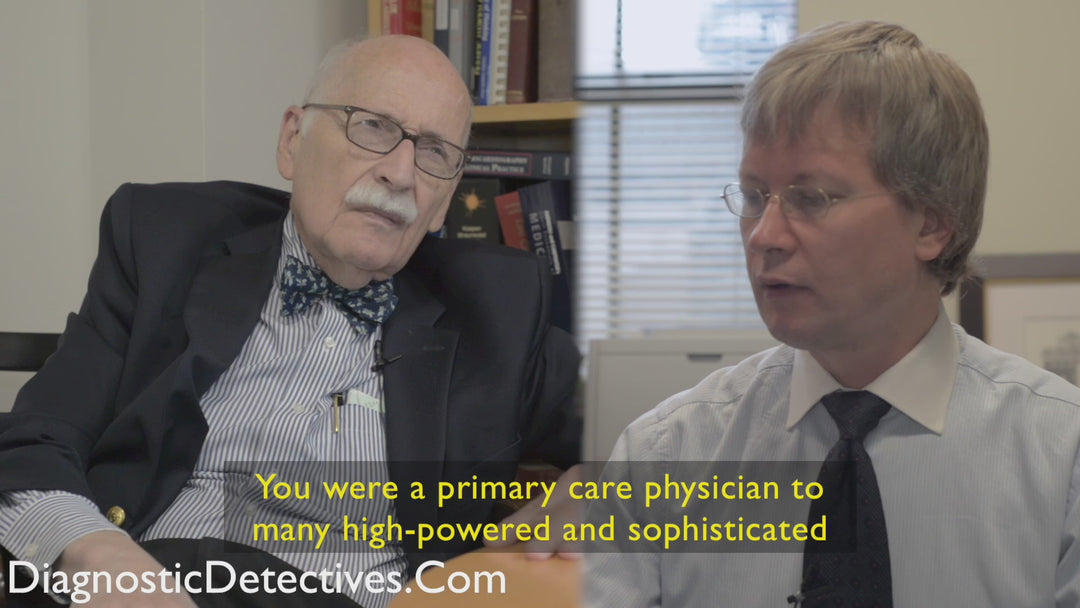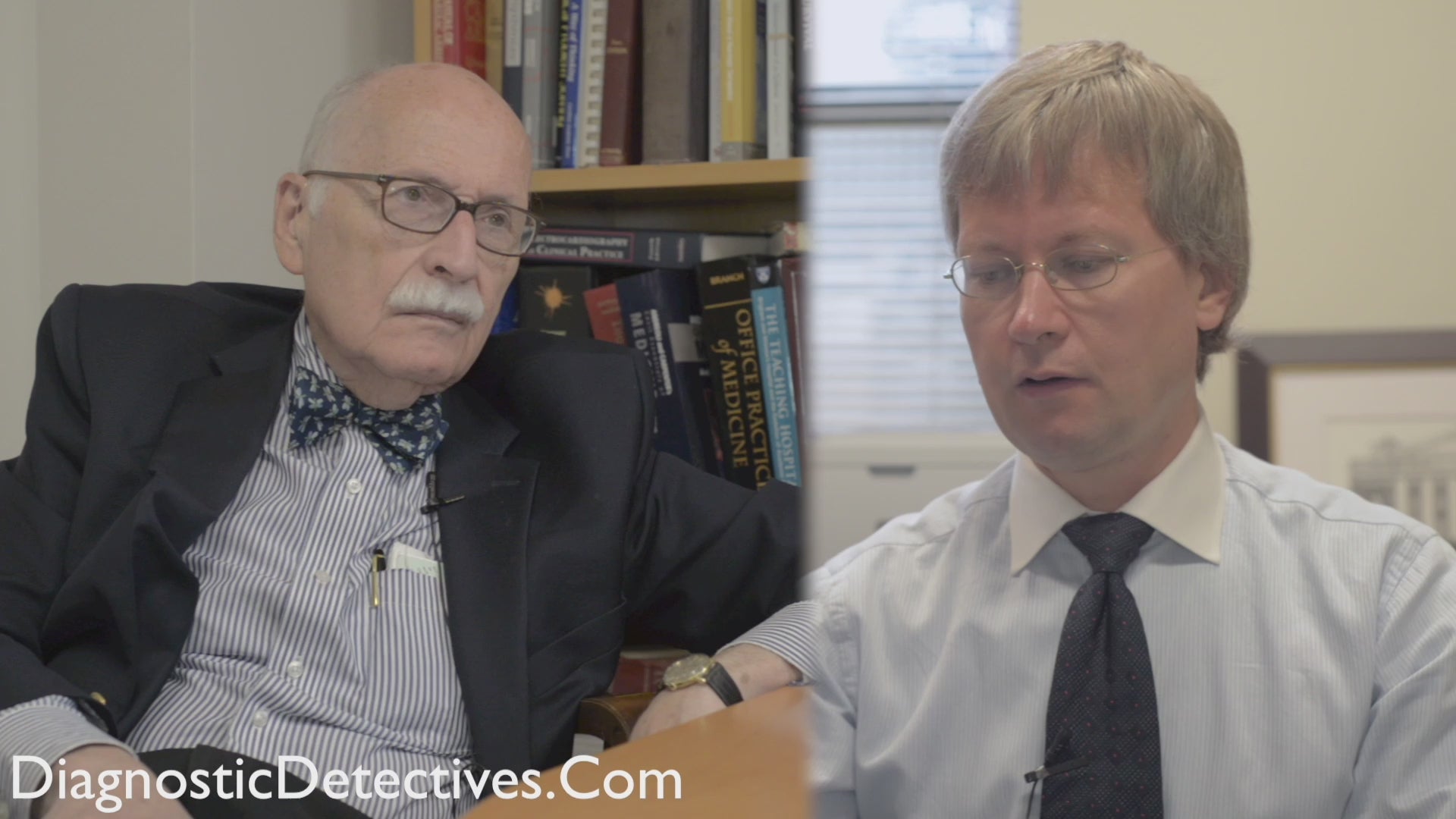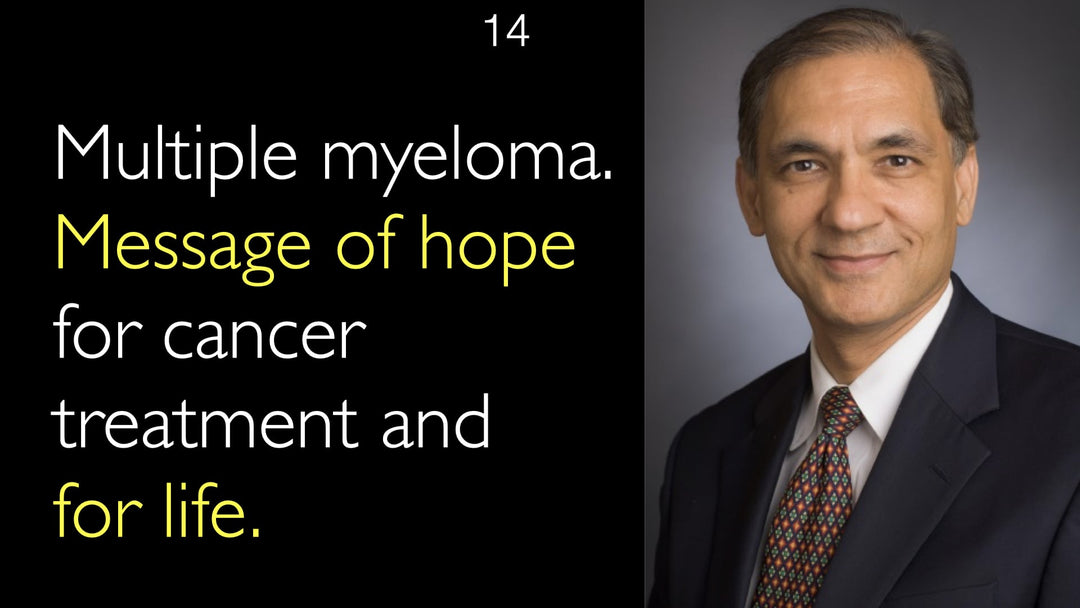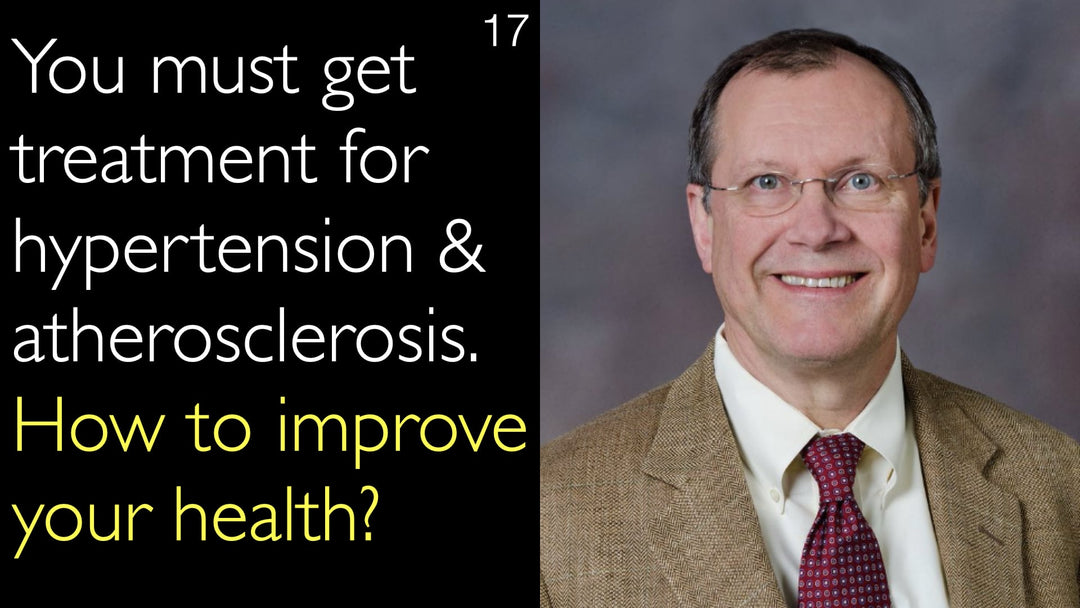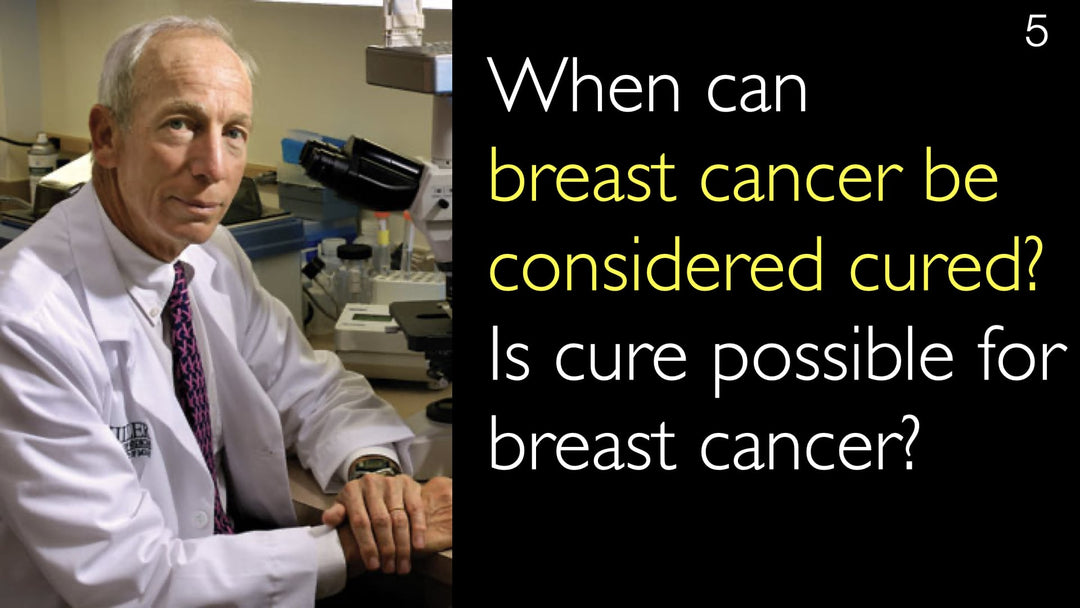O renomado especialista em atenção primária e medicina interna, Dr. Marshall Wolf, destaca a importância crucial de se ter um médico de atenção primária pessoal. Ele detalha como um profissional que conhece bem o paciente oferece assistência médica de maior qualidade e mais custo-efetiva. Dr. Wolf ressalta que essa relação resulta em melhores desfechos de saúde e reduz a dependência de serviços de emergência dispendiosos.
O Papel Essencial de um Médico de Atenção Primária Pessoal na Sua Saúde
Navegar para a Seção
- Por que Todos Precisam de Atenção Primária
- Benefícios da Continuidade do Cuidado
- Vantagens de Custo e Eficiência
- A Relação Médico-Paciente
- Desafios de Acesso ao Cuidado
- Transcrição Completa
Por que Todos Precisam de Atenção Primária
O Dr. Marshall Wolf, MD, um respeitado médico de atenção primária, afirma que cada pessoa precisa de um médico de atenção primária dedicado. Essa necessidade é universal e independe do nível de instrução ou da sofisticação profissional do indivíduo. O principal motivo é contar com um profissional de confiança que ofereça um cuidado consistente e personalizado.
Em sua conversa com o Dr. Anton Titov, MD, o Dr. Wolf esclarece que o valor da atenção primária se estende a todos os membros da sociedade. Ele explica que ter um médico de referência garante que você receba a assistência adequada quando não está se sentindo bem, formando a base de uma estratégia de saúde proativa.
Benefícios da Continuidade do Cuidado
Um médico de atenção primária oferece o grande benefício da continuidade. Essa relação de longo prazo permite que o médico compreenda o histórico médico único do paciente, sua saúde de base e até seu comportamento pessoal. Esse conhecimento aprofundado é inestimável para um diagnóstico preciso e um planejamento de tratamento eficaz.
O Dr. Marshall Wolf, MD, dá um exemplo marcante de sua própria prática. Ele descreve como aprendeu a interpretar o comportamento de seus pacientes. Por exemplo, um paciente pode visitá-lo com frequência por queixas menores, enquanto a expressão silenciosa de preocupação de outro pode indicar uma condição grave. Essa compreensão das nuances evita erros de diagnóstico e garante que problemas sérios nunca sejam negligenciados.
Vantagens de Custo e Eficiência
Dados robustos comprovam os significativos benefícios econômicos de sistemas fortes de atenção primária. O Dr. Wolf ressalta que sociedades com mais médicos de atenção primária oferecem um cuidado médico geral melhor a um custo total menor. Essa eficiência vem da prevenção de complicações de doenças e da redução de hospitalizações desnecessárias.
Esse modelo contrasta fortemente com o cuidado reativo. Depender de um médico de atenção primária para necessidades rotineiras e urgentes é muito mais eficiente e barato do que recorrer a prontos-socorros para problemas não emergenciais. O Dr. Anton Titov, MD, e o Dr. Wolf destacam isso como uma vantagem crucial tanto para os pacientes quanto para o sistema de saúde.
A Relação Médico-Paciente
O cerne da atenção primária eficaz é a relação terapêutica entre médico e paciente. Um bom médico de atenção primária vai além de tratar sintomas; ele cuida da pessoa como um todo. Isso envolve entender o contexto do paciente, sua resposta típica à doença e seus objetivos de saúde.
O Dr. Marshall Wolf, MD, enfatiza que essa relação constrói confiança. O paciente se sente à vontade para compartilhar preocupações abertamente, sabendo que seu médico tem seus melhores interesses em mente. Esse nível de envolvimento pessoal é o que transforma um bom cuidado médico em um atendimento excepcional e personalizado.
Desafios de Acesso ao Cuidado
Uma grande barreira para alcançar esse modelo ideal de cuidado é o acesso. O Dr. Wolf aponta um problema crítico nos Estados Unidos: muitas pessoas não têm um seguro médico adequado. Sem seguro, os indivíduos geralmente não conseguem custear a consulta com um médico de atenção primária.
Essa lacuna de acesso força as pessoas a buscar tratamento em emergências para condições que um médico de atenção primária poderia tratar. Essa prática não só é financeiramente onerosa para o sistema, como também oferece um cuidado fragmentado e menos eficaz para o paciente. Resolver essa questão de acesso é fundamental para melhorar os resultados de saúde pública.
Transcrição Completa
Dr. Anton Titov, MD: Você foi médico de atenção primária de muitos médicos e cirurgiões influentes e experientes. Por exemplo, você atendeu o Chefe do Departamento de Cirurgia deste hospital, Dr. Michael Zinner. Por que todos precisam de um médico de atenção primária perspicaz e atencioso?
Dr. Marshall Wolf, MD: Acho que o fato de eu ter atendido pessoas influentes não é o ponto. Cuidei de muitos acadêmicos. Também cuidei de muitas pessoas sofisticadas que não eram acadêmicas.
A razão pela qual você precisa de um médico de atenção primária é esta: você precisa de alguém que se importe com você.
Outro aspecto é que os dados mostram: quando há mais médicos de atenção primária (MAP) na sociedade, o cuidado médico é melhor e o custo da saúde é menor. As pessoas precisam de um médico de atenção primária a quem possam ligar quando não se sentem bem. Não acho que isso tenha a ver com serem sofisticadas ou não. Todos deveriam ter essa opção.
Um dos problemas em nossa sociedade, a sociedade dos Estados Unidos, é este: muitas pessoas não têm seguro médico. Por isso, não têm um médico de atenção primária. Como resultado, vão ao pronto-socorro para receber cuidado médico. É uma maneira muito cara e ineficiente de obter assistência.
Eu realmente acredito que você recebe um cuidado médico melhor de outra forma. Você deve procurar um médico de atenção primária que saiba quem você é. O MAP te conhece. O clínico geral sabe que, quando você aparece no consultório, está sempre reclamando de algo, e geralmente não há nada de errado. Já sua esposa, quando vem e diz: "Estou um pouco preocupada", isso significa que ela está gravemente doente.
Essa capacidade de entender quem é a pessoa que vem ao consultório, de saber qual é seu contexto em termos de resposta à doença, é muito importante. Um bom médico de atenção primária oferece isso ao paciente.


